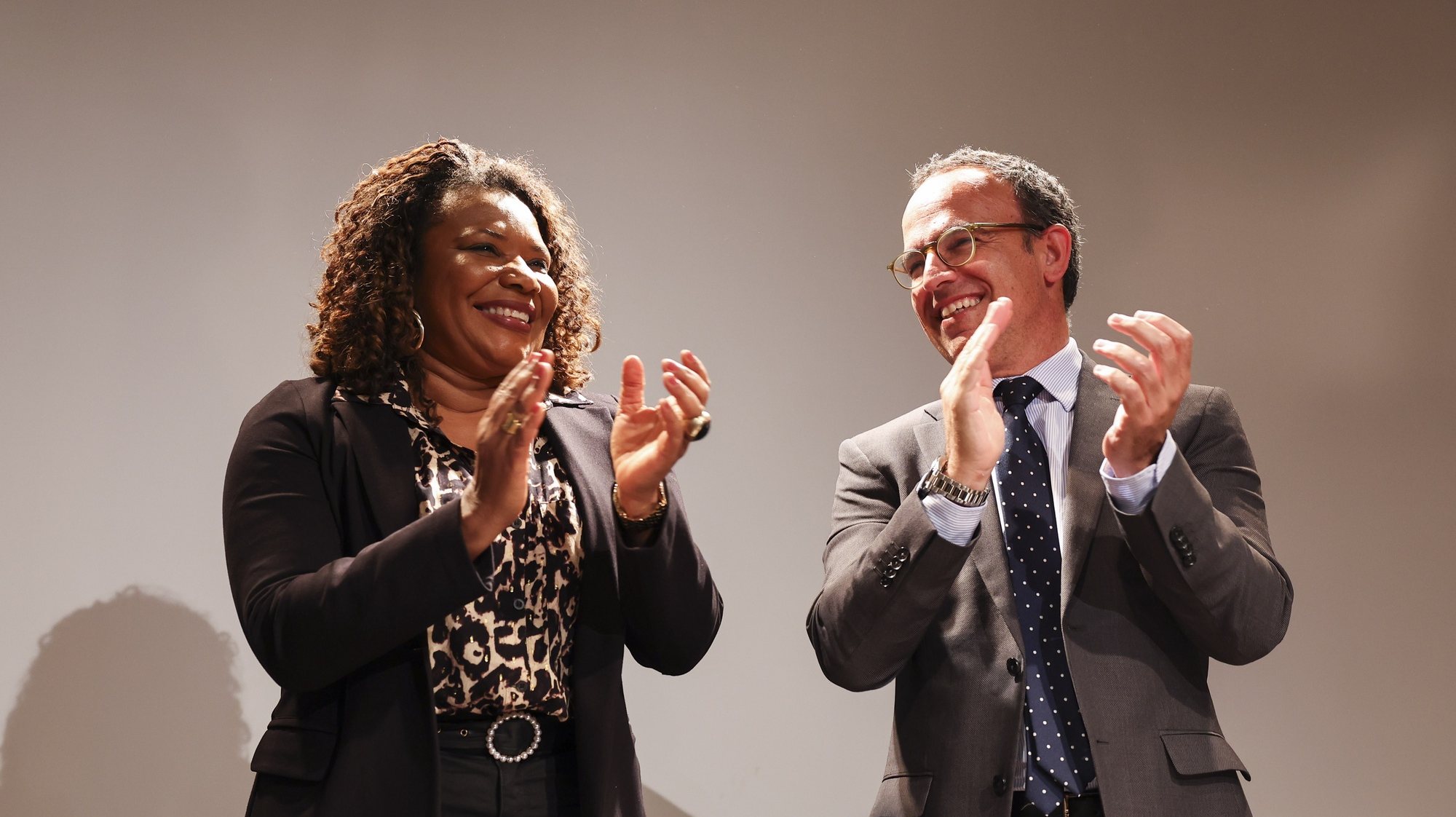Margareth Menezes also said that she was happy to hear Marcelo’s “brave statements”: “This reparation is important because it makes a people great, especially in front of its generations.”
Brazil’s Minister of Culture told Lusa on Tuesday that “the need for repair cannot be denied” of Portugal during the colonial period.
Asked about the debate raised by the President of the Republic, Marcelo Rebelo de Sousa, on the need for Portuguese reparations, Margareth Menezes considered that “The actions are recorded in history” and therefore “there is no way to deny the need for reparation.”
On the sidelines of the inauguration of the “Arte no Jardim” exhibition, at the Portuguese Embassy in Brasilia, on the occasion of the 50th anniversary of April 25, the Brazilian official considered that such an action by the Portuguese authorities would be “an action of strength, courage and example for the new generations”.
“Here also, in Brazil, President Lula has spoken about this issue, of reparation, of recognition, for what was done to the Afro-Brazilian people, to the blacks who came here as slaves, also in relation to the indigenous peoples,” he stated.
Margareth Menezes also said that she was very happy to hear the “brave statements” by Marcelo Rebelo de Sousa: “This reparation is important because it magnifies a people, especially in the face of its new generations.”
These are statements made on April 23, during a dinner with foreign correspondents in Portugal, in which Marcelo stated that the country should “assume full responsibility” for what it did in the colonial period and “pay the costs.” provoking various reactions both in the political and political spheres. Portuguese parties, as in the former colonies.
Marcelo insists on “reparation” for the former colonies. “We can’t sweep this under the rug. We have the obligation to lead”
Subsequently, the Portuguese Government stressed that “there was and is not in doubt any process or program of specific actions in order” to repair the Portuguese colonial past and defended that it will be guided by “the same line” as previous executives.
The Minister of Culture of Brazil participated, at the Portuguese Embassy in Brasilia, in the inauguration of the exhibition “Arte no Jardim”, which presents 11 works by Portuguese and Brazilian artists, which aims to explore issues and values associated with the 25th of April.
“We know that the full exercise of citizenship, the defense of culture, art permeates the defense of democracy. Without culture there is no democracy and there is no democracy without culture,” said the Brazilian minister in her speech, remembering how the image of carnations inside weapons marked her childhood.
On the other hand, the Portuguese ambassador to Brazil, Luís Faro Ramos, when inaugurating the exhibition held on April 25, highlighted that it would be the Portuguese revolution that would “trigger the so-called third wave of democratic revolutions.”
“TO democracy is not a factpopulism and various forms of anti-democratic reaction darken the horizon,” warned the Portuguese ambassador.
Luísa Cunha, Paula Rego, Márcio Carvalho, Pedro Barateiro, Fernanda Fragateiro, Rui Chafes and Ana Vidigal are the Portuguese artists present in this exhibition, which also includes the presence of the Brazilians Cecília Mori, Flávio Cerqueira and Paulo de Paula and José Maria Martinez Zaragoza, Spanish living in Brazil.
The night at the embassy in Brasilia was also marked by thecelebration of Portuguese Language Dayofficially marked on Sunday, in an event that also featured the participation of musician Dino d’Santiago.
Source: Observadora
